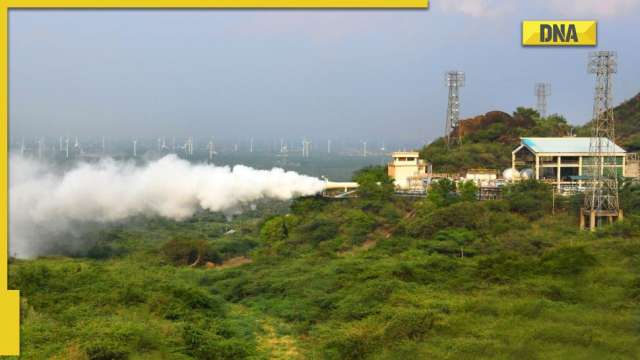Short periods of extreme heat could be enough to reduce a region’s economic output for an entire year, according to new analysis showing the uneven impact of global warming
Environment
October 28, 2022
Heat wave in Alexandria, Egypt in July 2022 Mohamed El-Shaheed/Getty Images
Periods of extremely hot weather cost the global economy an estimated $16 trillion between 1992 and 2013, while hitting the poorest countries four times harder than the richest.
“Our work reveals that we have so far underestimated both the costs of climate change and how sensitive our economy is to climate change right now,” says Justin Mankin at Dartmouth University in New Hampshire.
Previous studies have shown that climate change it hits the poorest nations hardest, even though they contribute the least to climate change. This is partly because many low-income countries are in the tropics and have hotter climates to begin with.
New data on economic growth allowed Mankin and Christopher Callahanalso at Dartmouth University to look at the impact of extreme heat at the regional level and use models to fill in the data in parts of Africa and Asia where the numbers are missing.
Their analysis revealed that short periods of extreme heat were significant enough to reduce the region’s economic output for the entire year.
The annual increase in temperature on the five hottest days of the year reduces economic growth in tropical regions by as much as a percentage point.
It is estimated that the lowest-income nations lost 6.7 percent of their GDP between 1992 and 2013 due to heat waves, while the highest-income regions lost only 1.5 percent.
The sharp economic collapse in tropical regions during heat waves is likely caused by declining crop production and labor productivity while death rates rise, researchers say.
“Countries in the tropics that experience the biggest changes in extreme heat also have economies that produce many of the types of goods and services that make them vulnerable to those extreme heats,” says Mankin.
Heat waves also destroy infrastructure, melting roads and warping train tracks, while causing the energy systems that cool buildings to burn out.
“This massive injustice is emblematic of the wider agenda of global warming. These countries are the least to blame for global warming, but they are the most affected economically by these extreme heat changes,” says Mankin.
The outsized effects of short periods of extremely hot weather mean that efforts to adapt to climate change may need to focus on heat waves rather than year-round temperature changes, Callahan says.
City planners will increasingly need to consider how their projects will perform during extremely hot periods, while local authorities may need to introduce temporary measures such as turning public spaces into cooling centres.
“Investment strategies that make us resilient to the hottest days of the year could pay big dividends for economic growth and therefore resilience to other impacts of climate change,” Callahan says.
The study only looked at increases in extreme temperatures, not their increasing frequency, so the researchers’ estimates “are probably more of a floor than a ceiling,” Mankin says. “We’re not doing a good job of the overall economic costs of all the things that climate change will do to our everyday lives, our economies and our well-being.”
Journal reference: Scientific progress, DOI: 10.1126/sciadv.add3726
Sign up for our free Fix the Planet newsletter to get a dose of climate optimism delivered straight to your inbox every Thursday
More on these topics:
https://www.newscientist.com/article/2344602-low-income-countries-lose-almost-7-per-cent-of-their-gdp-to-heatwaves/?utm_campaign=RSS%7CNSNS&utm_source=NSNS&utm_medium=RSS&utm_content=home










